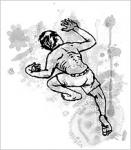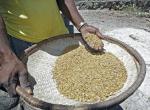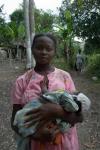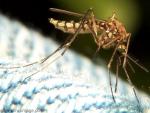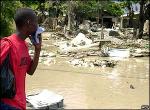Mosquito Nets Make Charity Cool (New York Times)
 I will be the first to admit I never really thought about philanthropy when I was young. I didn't even know malaria existed until I was in my late teens. It was inspiring for me to read this New York Times piece about children who have gotten involved in the fight against malaria, one of whom has raised $43,000 dollars! Children understand the damage malaria can do and the moral imperative of doing something in response. A long lasting insecticide treated mosquito net is a beautiful thing indeed. If a family receives one, retains it, and sleeps under it properly, it will have a major protective effect. At ten dollars (or under) a net, it is an excellent investment, whether in Sub-Saharan Africa or in Haiti which also is malaria endemic. The full article is copied below.
I will be the first to admit I never really thought about philanthropy when I was young. I didn't even know malaria existed until I was in my late teens. It was inspiring for me to read this New York Times piece about children who have gotten involved in the fight against malaria, one of whom has raised $43,000 dollars! Children understand the damage malaria can do and the moral imperative of doing something in response. A long lasting insecticide treated mosquito net is a beautiful thing indeed. If a family receives one, retains it, and sleeps under it properly, it will have a major protective effect. At ten dollars (or under) a net, it is an excellent investment, whether in Sub-Saharan Africa or in Haiti which also is malaria endemic. The full article is copied below.
